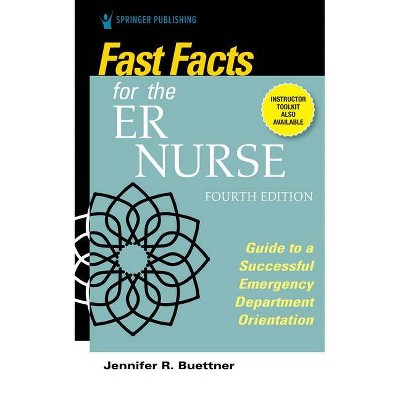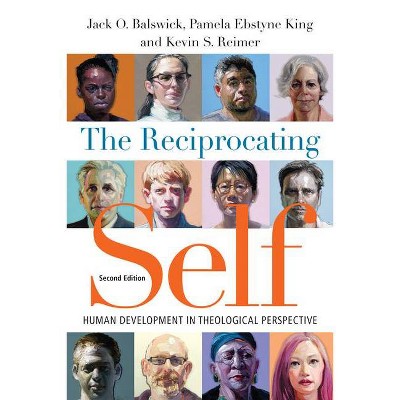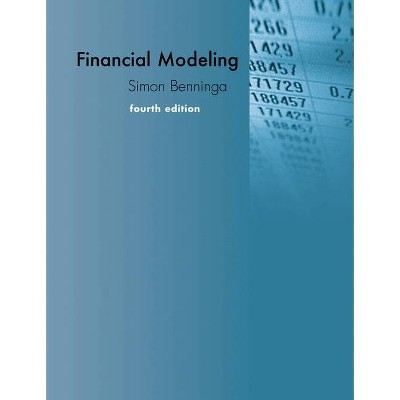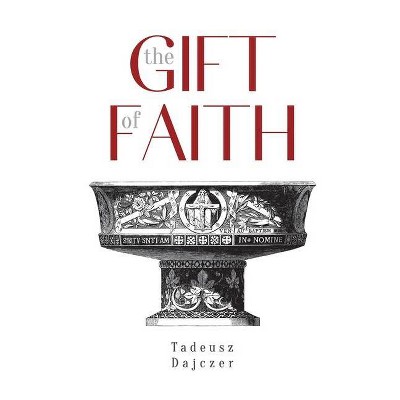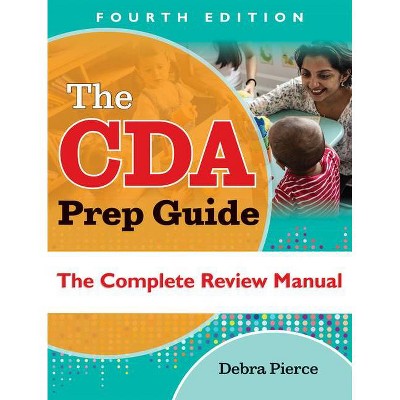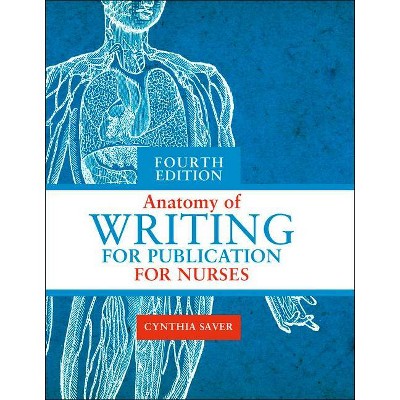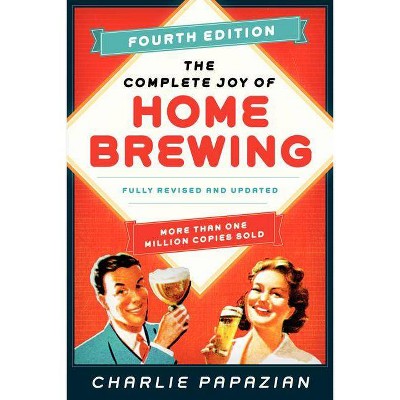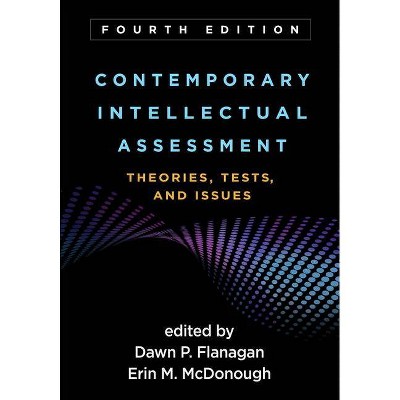Psychological Evaluations for the Courts, Fourth Edition - 4th Edition (Hardcover)
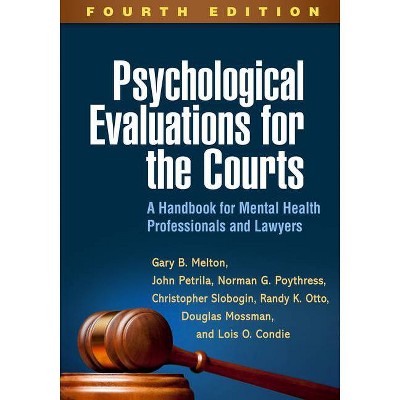
Similar Products
Product info
<p/><br></br><p><b> About the Book </b></p></br></br>"Tens of thousands of readers have relied on this leading text and practitioner reference--now revised and updated--to understand the issues the legal system most commonly asks mental health professionals to address. Highly readable, the volume demystifies the forensic psychological assessment process and provides guidelines for participating effectively and ethically in legal proceedings. Presented are clinical and legal concepts and evidence-based assessment procedures pertaining to criminal and civil competencies, the insanity defense and related doctrines, sentencing, civil commitment, personal injury claims, antidiscrimination laws, child custody, juvenile justice, and other justice-related areas. Case examples, exercises, and a glossary facilitate learning; 19 sample reports illustrate how to conduct and write up thorough, legally admissible evaluations. New to This Edition: Extensively revised to reflect important legal, empirical and clinical developments. Increased attention to medical and neuroscientific research. New protocols relevant to competence, risk assessment, child custody, and mental injury evaluations. Updates on insanity, sentencing, civil commitment, the Americans with Disabilities Act, Social Security, juvenile and family law, and the admissibility of expert testimony. Treatment of immigration law (including a sample report) and international law. New and revised sample reports. "--<p/><br></br><p><b> Book Synopsis </b></p></br></br>Tens of thousands of readers have relied on this leading text and practitioner reference--now revised and updated--to understand the issues the legal system most commonly asks mental health professionals to address. The volume demystifies the forensic psychological assessment process and provides guidelines for participating effectively and ethically in legal proceedings. Presented are clinical and legal concepts and evidence-based assessment procedures pertaining to criminal and civil competencies, the insanity defense and related doctrines, sentencing, civil commitment, personal injury claims, antidiscrimination laws, child custody, juvenile justice, and other justice-related areas. Case examples, exercises, and a glossary facilitate learning; 19 sample reports illustrate how to conduct and write up thorough, legally admissible evaluations. <p/> New to This Edition <br> *Extensively revised to reflect important legal, empirical, and clinical developments. <br> *Increased attention to medical and neuroscientific research. <br> *New protocols relevant to competence, risk assessment, child custody, and mental injury evaluations. <br> *Updates on insanity, sentencing, civil commitment, the Americans with Disabilities Act, Social Security, juvenile and family law, and the admissibility of expert testimony. <br> *Material on immigration law (including a sample report) and international law. <br> *New and revised sample reports.<p/><br></br><p><b> Review Quotes </b></p></br></br><br>"A comprehensive, useful analysis of an array of topics relevant to forensic mental health practice." (on the third edition)-- "Journal of the American Academy of Psychiatry and the Law" (6/1/2009 12:00:00 AM)<br><br>"A great resource for practicing psychologists and graduate students preparing for mental health practice....This is a highly recommended resource for mental health professionals who will inevitably be in contact with the legal system." (on the third edition)-- "The Master's Advocate" (1/1/2009 12:00:00 AM)<br><br>"An authoritative text in the field of forensic psychology." (on the third edition)-- "International Journal of Offender Therapy and Comparative Criminology" (10/1/2009 12:00:00 AM)<br><br>"An indispensable and authoritative reference work....Serves as a wide-ranging reference tool and a mechanism to survey the broader field....Belongs on the bookshelf of every forensic psychology practitioner and mental health lawyer." (on the third edition)-- "The National Psychologist" (5/30/2008 12:00:00 AM)<br><br>"If you perform forensic evaluations for a living, you need this book." (on the third edition)-- "Journal of Psychiatric Practice" (1/1/2008 12:00:00 AM)<br><br>"Offers a comprehensive discussion of forensic assessment along with best practice guidelines for psychological evaluations in a wide range of criminal and civil proceedings." (on the third edition)-- "Juvenile and Family Court Journal" (11/1/2008 12:00:00 AM)<br><br>"This is a fully updated edition of the best textbook designed for both forensic clinicians and attorneys. It is the 'go-to' book for scholarly analysis of forensic issues and sophisticated, practical advice."--Phillip J. Resnick, MD, Professor of Psychiatry and Director of Forensic Psychiatry, Case Western Reserve University <p/> "This text has made an extraordinary contribution to forensic mental health assessment and informed legal decision making over the last 30 years. The fourth edition remains the most comprehensive, legally sophisticated, and scientifically sound single volume available to forensic practitioners, legal professionals, policymakers, researchers, and scholars, and continues to serve as an essential guide to the field. It is highly appropriate for any graduate-level class in forensic assessment (I use it in mine), as well as internship or fellowship seminars. I would also use it if I were training psychiatrists at the fellowship level."--Kirk Heilbrun, PhD, Department of Psychology, Drexel University <p/> "Long a canonical work, this fourth edition fully captures the last decade's explosive growth in what courts expect of mental health experts. Seamlessly meshing scientific rigor, legal precision, and clinical acumen, this is the one book to read if there is a witness stand in your future. The goalposts for scholarship in forensic psychology have just been moved."--John Monahan, PhD, Shannon Distinguished Professor of Law, Psychology, and Psychiatry, University of Virginia <p/> "This handbook is remarkable for its scope, as well as its detailed and critical analysis of the relevant legal, scientific, and clinical literature. The fourth edition does not disappoint--it has been revised and updated to once again cement its place as the standard by which all others in the field are measured. For mental health trainees and professionals who want to learn about conducting forensic assessments, and for legal trainees and professionals who need to learn about research and practice in forensic psychology, there is simply no better reference."--Stephen D. Hart, PhD, Department of Psychology, Simon Fraser University, Burnaby, British Columbia, Canada <p/> "Continuing the tradition of this comprehensive reference, the fourth edition offers encyclopedic coverage of mental health issues relevant to the criminal and civil courts, and can help both mental health professionals and attorneys address these matters more effectively. The volume makes extensive use of case law and case material throughout. It includes an entire chapter of sample reports and accompanying discussions addressing substantive legal issues."--Glenn J. Larrabee, PhD, ABPP-CN, independent practice, Sarasota, Florida <p/> "A 'must read' for any student preparing for a career in forensic mental health. The fourth edition maintains the original structure and readability while providing a review of up-to-the-minute research and scholarly discussions relevant to all aspects of psycholegal evaluations. It is the most practical, user-friendly, and comprehensive forensic mental health book on the market. I have used this text in a graduate-level Psychology and Law class and as required reading for my practicum students working in corrections and assisting me with forensic evaluations."--Robert D. Morgan, PhD, Chair and John G. Skelton Jr. Regents Endowed Professor, Department of Psychological Sciences, Texas Tech University<br><p/><br></br><p><b> About the Author </b></p></br></br>Gary B. Melton, PhD, is Associate Director for Community Development and Social Policy at the Kempe Center for the Prevention and Treatment of Child Abuse and Neglect, Professor of Pediatrics, and Professor of Community and Behavioral Health at the University of Colorado Anschutz Medical Campus. He is also Visiting Professor of Education and Family Medicine at the University of Virginia and Adjunct Professor of Youth, Family, and Community Studies at Clemson University. Dr. Melton has received Distinguished Contributions Awards from the American Professional Society on the Abuse of Children, the American Psychological Association (four times, a unique achievement), the American Psychological Foundation, and Prevent Child Abuse America, among other organizations. The author of more than 350 publications, he is senior editor of the <i>American Journal of Orthopsychiatry</i>. <p/> John Petrila, JD, LLM, is Vice President of Adult Policy at Meadows Mental Health Policy Institute. Previously, he was Chair and Professor of Health Policy and Management at the University of South Florida College of Public Health. He is a recipient of a Fulbright Scholarship and of the University of South Florida President's Faculty Excellence Award. Dr. Petrila's research interests include the diversion of people with mental illnesses from the justice system, coercion, and strategies to reduce recidivism of heavy users of the treatment and justice systems. Recent papers focus on emergency hospitalizations of people with mental illnesses, national review of emergency civil commitment legislation, and the current status of the Americans with Disabilities Act. <p/> Norman G. Poythress, PhD, is Professor Emeritus in the Department of Mental Health Law and Policy at the University of South Florida, where he served as Research Director from 1990 to 2010. He is a past president of the American Psychology-Law Society, which honored him with its Award for Distinguished Contributions to Psychology and Law. He is also a recipient of the University of South Florida President's Faculty Excellence Award. Dr. Poythress has published more than 100 research articles and book chapters on forensic assessment, mental health courts, research ethics, and psychopathic behavior. <p/> Christopher Slobogin, JD, LLM, is Milton Underwood Chair at Vanderbilt University Law School. He is the first law professor to receive Distinguished Contribution Awards from both the American Psychology-Law Society and the American Board of Forensic Psychology. Mr. Slobogin has published over 150 works on mental health law and criminal justice, and is currently one of the 40 most cited law professors in the country. He recently served as chair of the task force revising the American Bar Association's Criminal Justice Mental Health Standards, and was also a Reporter for the ABA's Task Force on Mental Disability and the Death Penalty. <p/> Randy K. Otto, PhD, ABPP, is Associate Professor in the Department of Mental Health Law and Policy at the University of South Florida, where he has been on the faculty since 1989. He also teaches in the Departments of Psychology and Criminology. Board-certified in clinical and forensic psychology, Dr. Otto has served as president of the American Psychology-Law Society, the American Board of Forensic Psychology, and the American Board of Professional Psychology. His contributions to forensic psychological assessment have been recognized with awards from the American Academy of Forensic Psychology and the forensic division of the New York State Psychological Association. <p/> Douglas Mossman, MD, until his death in 2018, was Professor of Clinical Psychiatry and Program Director of the Forensic Psychiatry Fellowship at the University of Cincinnati College of Medicine. A board-certified general and forensic psychiatrist and Distinguished Life Fellow of the American Psychiatric Association, Dr. Mossman authored more than 180 publications on diverse issues in medicine and law, including competence, judgment models, malingering measures, psychotropic medication, malpractice, psychiatric ethics, and novel mathematical approaches to diagnostic assessment. He received the American Psychiatric Association's Manfred S. Guttmacher Award for outstanding contributions to the literature on forensic psychiatry. Hundreds of scientific and legal works cite his 1994 article, "Assessing Predictions of Violence: Being Accurate about Accuracy." <p/> Lois O. Condie, PhD, ABPP, is affiliated with the Department of Neurology at Boston Children's Hospital and is Assistant Professor of Psychology in Psychiatry at Harvard Medical School. Dr. Condie is board-certified in neuropsychology, clinical psychology, and forensic psychology. She has received citations and awards from the Social Security Administration, the American Board of Forensic Psychology, the American Academy of Forensic Psychology, and the American Board of Professional Psychology. Her research focuses on assessments and entitlement legislation for children with neurodevelopmental and other disorders, services for vulnerable populations internationally, psychological and legal conceptions of privacy, and ethics and standards of practice.
Price History
Cheapest price in the interval: 95 on October 27, 2021
Most expensive price in the interval: 95 on November 6, 2021
Price Archive shows prices from various stores, lets you see history and find the cheapest. There is no actual sale on the website. For all support, inquiry and suggestion messagescommunication@pricearchive.us
